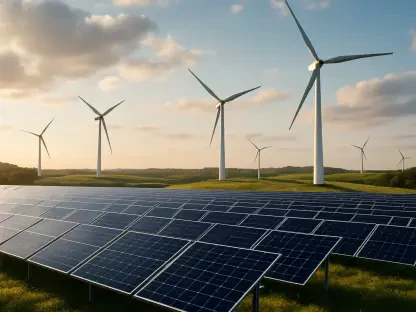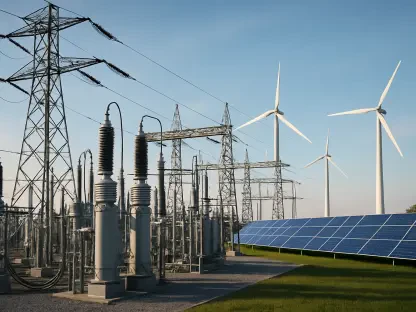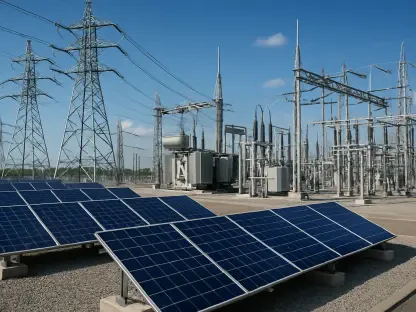As Canada pushes ahead with its ambitious plans to expedite natural resource projects, a profound struggle ensues between economic aspirations and the deeply rooted rights of Indigenous communities. Controversy brews as stakeholders ponder—at what cost should economic growth trump Indigenous rights and environmental integrity?
The Crucial Balance Between Progress and Rights
For Canada, the latest legislative measure is more than just a piece of bureaucratic maneuvering. The bill, which speeds up the approval processes for “national interest” projects, comes at a time when the nation faces mounting pressure to diversify its economic dependencies beyond its southern neighbor. Given the significant volume of Canadian exports reaching U.S. shores, diversifying becomes not merely desirable but crucial. This legislative push, supported by both the Liberal government and segments of the Conservative party, seeks to counterbalance challenges posed by U.S. tariffs and catalyze sectors like mining and oil. Yet, buried within this economic calculus is the contentious issue of Indigenous land rights and environmental sustainability, calling into question Canada’s commitment to meaningful reconciliation and ecological preservation.
Analyzing Legislative Ramifications
At the heart of this debate lies the newly introduced bill to fast-track resource initiatives. While Prime Minister Carney assures provisions for consultations are in place, critics argue that genuine Indigenous concerns demand not just talks but tangible changes arising from those discussions. Indeed, past instances, such as the resistance observed during the 2020 protests against a gas pipeline in British Columbia, underline the depth of Indigenous opposition to perceived marginalization. This time, legal disputes seem impending as proponents of Indigenous rights and environmental advocacy rally against what they perceive as potential governmental overreach.
Expert Perspectives and Indigenous Voices
Engaging with those leading the charge on Indigenous and environmental fronts, Sara Mainville, former Couchiching First Nation Chief, underscores the indispensability of proper Indigenous consultation rights. She envisions a future where Indigenous voices drive negotiations rather than stand as mere participants. Complementing her views, environmental experts warn of the implications of diluting environmental assessments, hinting at the necessity of maintaining rigorous checks against ecological harms. Indigenous leaders directly affected by these policies emphasize the ongoing struggle and criticism over this perceived democratic deficit.
Preparing for Confrontations and Conversations
Opponents of the bill, gearing up for a constitutional showdown in courts, intend to challenge the substantive legal basis and bypassing of Indigenous engagements. Simultaneously, there’s a call for establishing frameworks where genuine consultation processes foster collaboration without stripping Indigenous stakeholders of their rightful place at the table. Looking forward, dialogues over subsequent months will likely define the contours of this debate, as summer engagement sessions with Indigenous leaders set the stage for potential reconciliation efforts.
As the fast-tracking bill sets Canada’s legislative and societal machinery in motion, the nation’s course through this complex terrain might offer concrete strategies to harmonize economic ambitions with Indigenous rights. Considering the balance of priorities could pave the way for future alliances, redefining collaborative frameworks across Canadian landscapes.









